Hibiscus Harlequin Beetle. Brisbane, Australia. r/Entomology
Insecticidal Soap. Insecticidal soap is another great way to control Japanese beetles. You can buy a pre-mixed organic insecticidal soap, or mix your own using one tsp of mild liquid soap with one liter of water. The soap will kill some of them on contact, and the rest will be stunned and easier to hand pick.
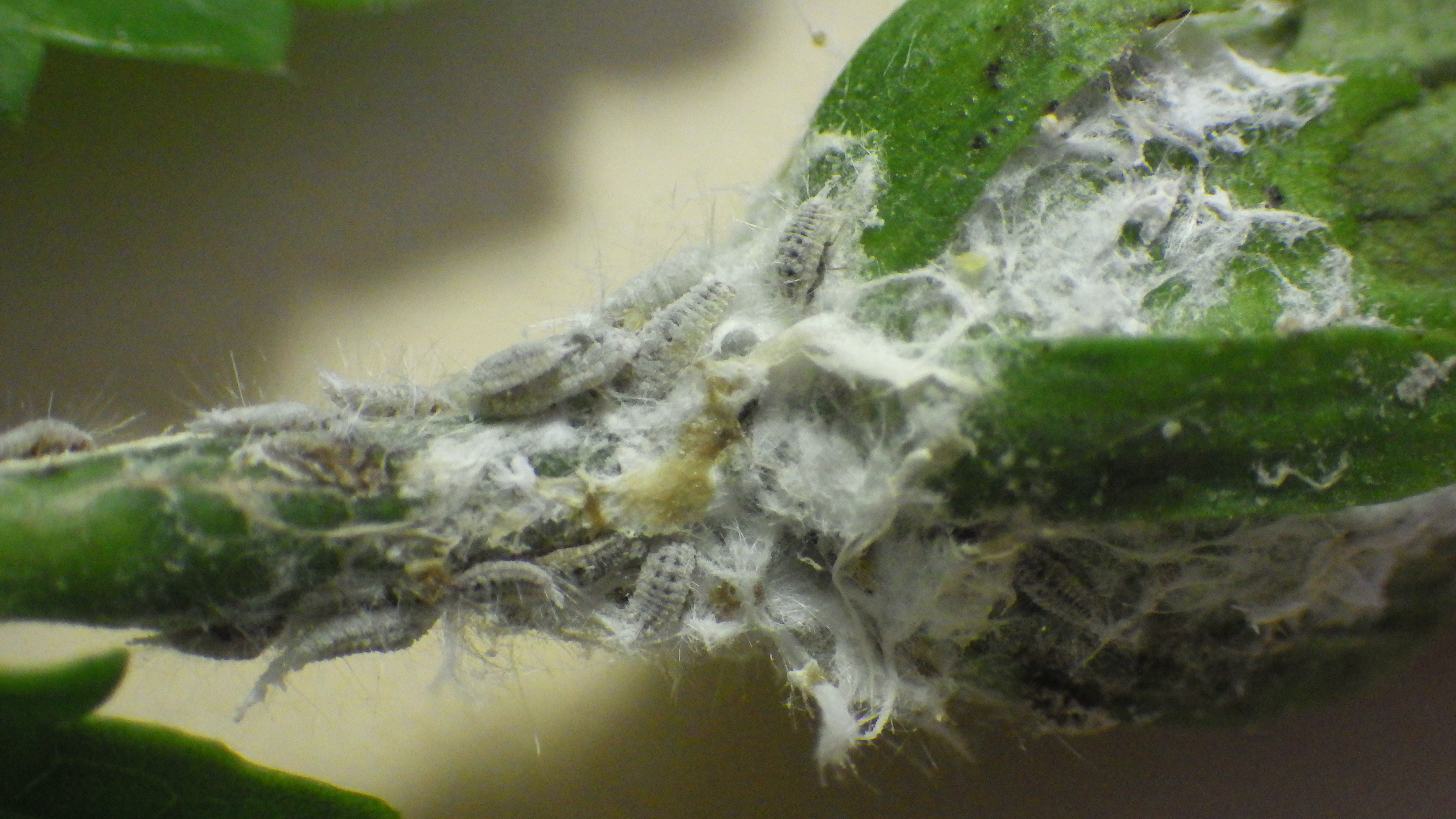
Mealybugs on hibiscus common this summer Insects in the City
Insecticidal soap Vinegar Show 1 more item Some common insects that destroy hibiscus are aphids, ants, thrips, coast flies, fungus, and mosquitoes. Most hibiscus plants become infected by insects due to poor management techniques. Watering and feeding your plant properly will make your plant healthy and will develop its resistance to these pests.
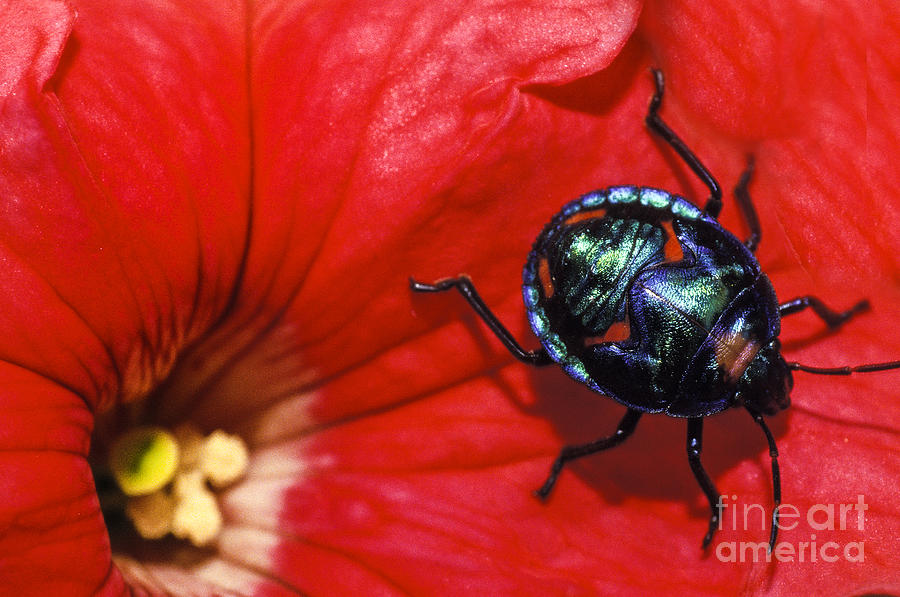
Beetle On A Hibiscus Flower. Photograph by Sean Davey
Place a bucket of soapy water beneath the hibiscus plant, and gently shake the plant to dislodge the beetles, dropping them into the soapy water. Remove any visible beetles in the early morning when they're not yet active. Plant Japanese beetle repellent plants in the same bed as your hibiscus to keep them away.

Homer's Travels Photograph "Beetle On Hibiscus Leaf"
Thrips are small insects that are among the common pests that can affect your hibiscus. They feed on the plant by piercing the surface and sucking the plant's juices. This can cause a variety of symptoms such as discoloration, curled or distorted leaves and blossoms, and an overall decline in the health of the plant.
A tiny Sap Beetle on a Hibiscus flower. Qld, Australia. Beetles
Hibiscus beetle is a small oval-shaped black or dark brown beetle, 3-4mm long, which can be found on various flowers, including hibiscus, abutilons, dahlias, roses and even some weeds. The beetle hides in the flowers' buds, feeding predominantly on pollen and nectar, though they do like to snack on petals too.

Japanese Beetles on Hibiscus Flower Japanese Beetles on Lu… Flickr
Insect pests of hibiscus include aphids, whiteflies, and Japanese beetles. Species & Cultivars. Scarlet Swamp Hibiscus (Hibiscus coccineus): This southeastern native hibiscus also commonly known as Texas Star. The six to eight inch wide flowers are brilliant red, with petals more separated than those of other hibiscus, giving the blossom a star.
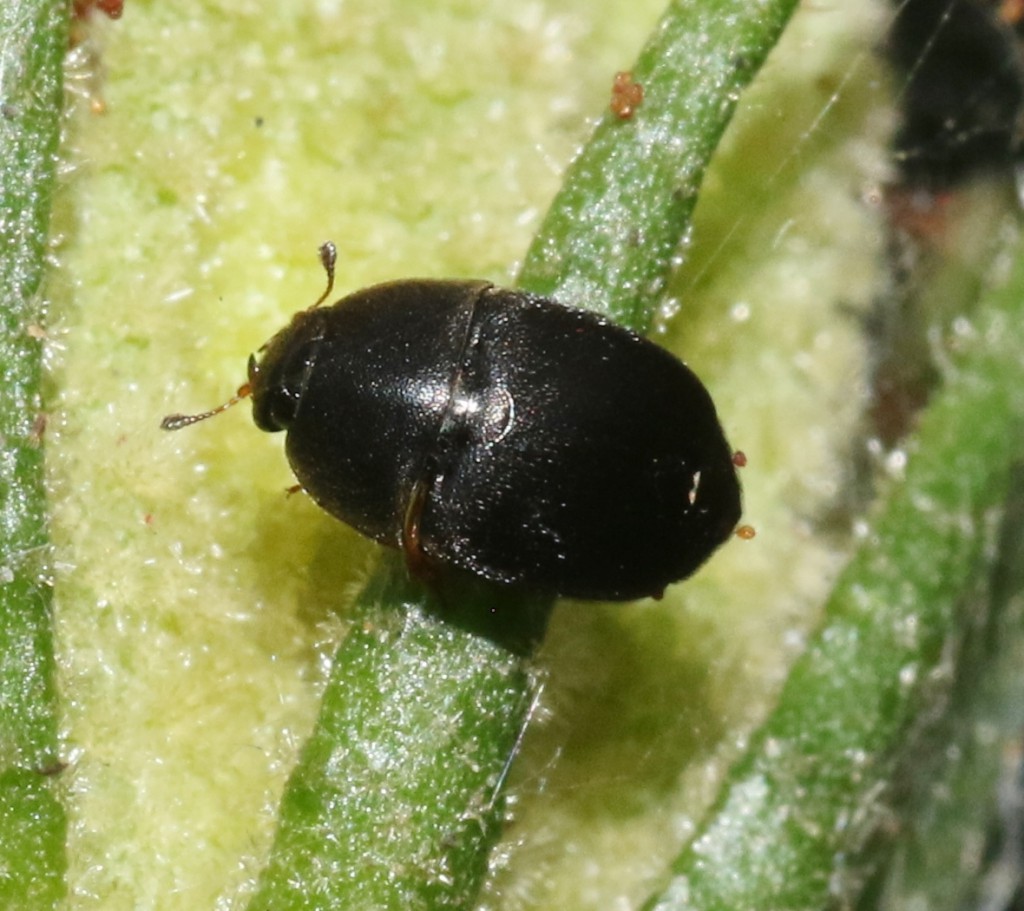
Hibiscus beetle » Manaaki Whenua
Japanese beetles ( Popillia japonica) are shiny oval insects with a brightly-colored metallic bodies. The head and thorax are an iridescent green, and they have a golden-copper glossy back. The beetles measure 0.6" (1.5 cm) long and 0.4" (1 cm) wide. Distinguishable five white tufts along the beetle's abdominal section help identify the beetle.

harlequin beetle on hibiscus EM1ii / Olympus 60mm 2.8 Mac… Flickr
Pest free, please. What eats hibiscus plants? How to get rid of bugs on hibiscus plants Whiteflies Thrips Ants Scale How do I get rid of aphids on my hibiscus plant? How do I get rid of green worms on my hibiscus? How to get rid of mealybugs on hibiscus How do I keep animals from eating my hibiscus? Use peppers Sprinkle cayenne Try coffee grounds
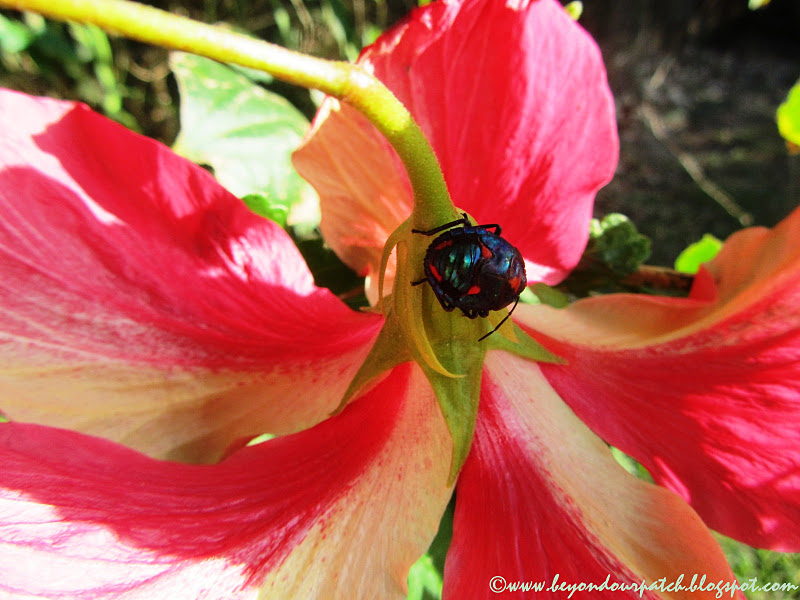
Hibiscus Harlequin Beetle Caloundra September 2011
Japanese beetles are annoying pests that eat hibiscus leaves and flowers. Adults have brown bodies with metallic green heads and lay their eggs in the soil. The larvae start to eat nearby roots once they hatch. Pick off adult Japanese beetles and drown them. Use Japanese beetle traps to lure these pests away from your hibiscus.
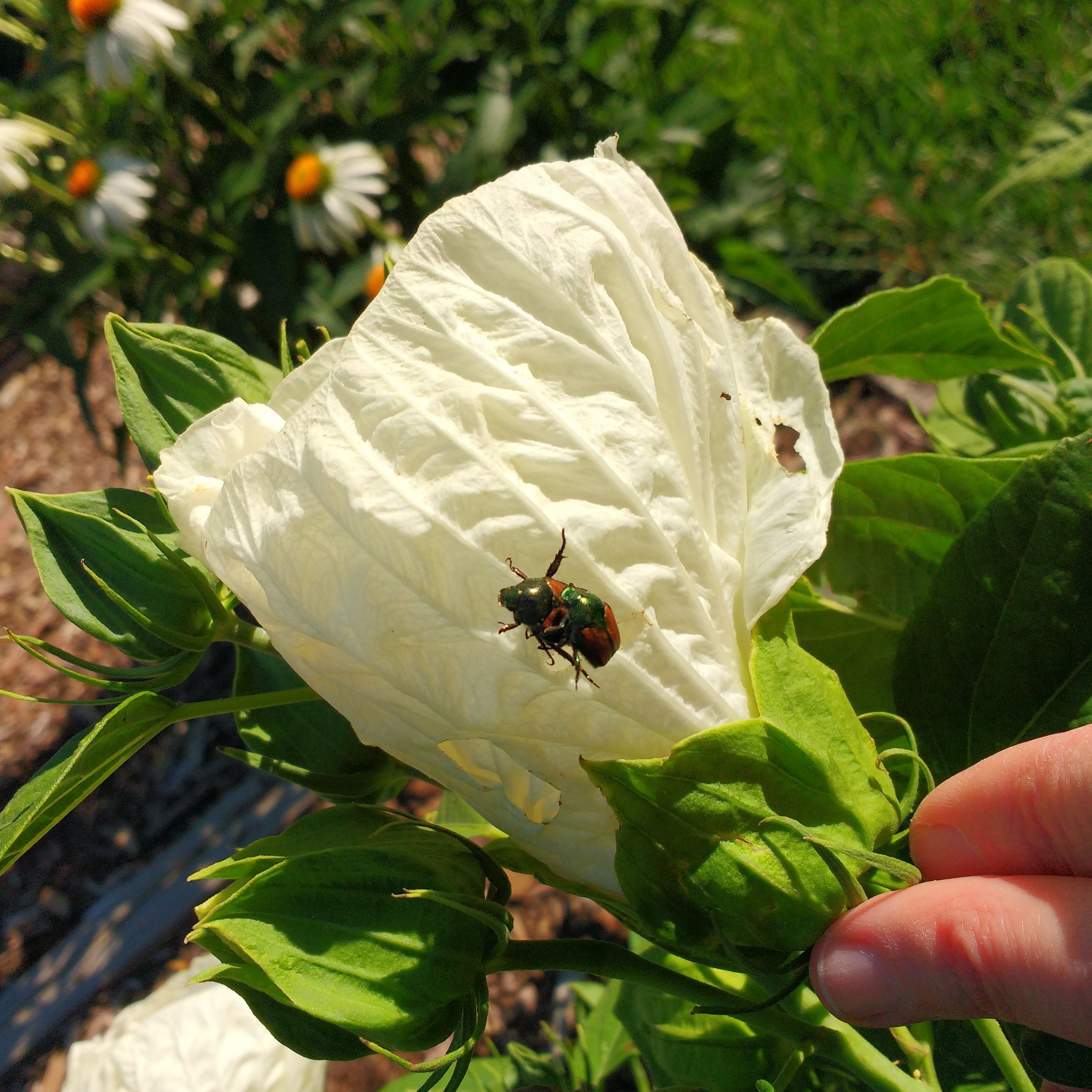
Japanese Beetles on Hibiscus Flower Picture Free Photograph Photos Public Domain
The common bugs in Hibiscus plants are aphids, spider mites, scales, whiteflies, mealybugs, thrips, gall midge, and Japanese beetles. In most cases, insecticidal soaps, rubbing alcohol, and Neem oil can help in removing these bugs. If these fail, the last option is using pesticides.
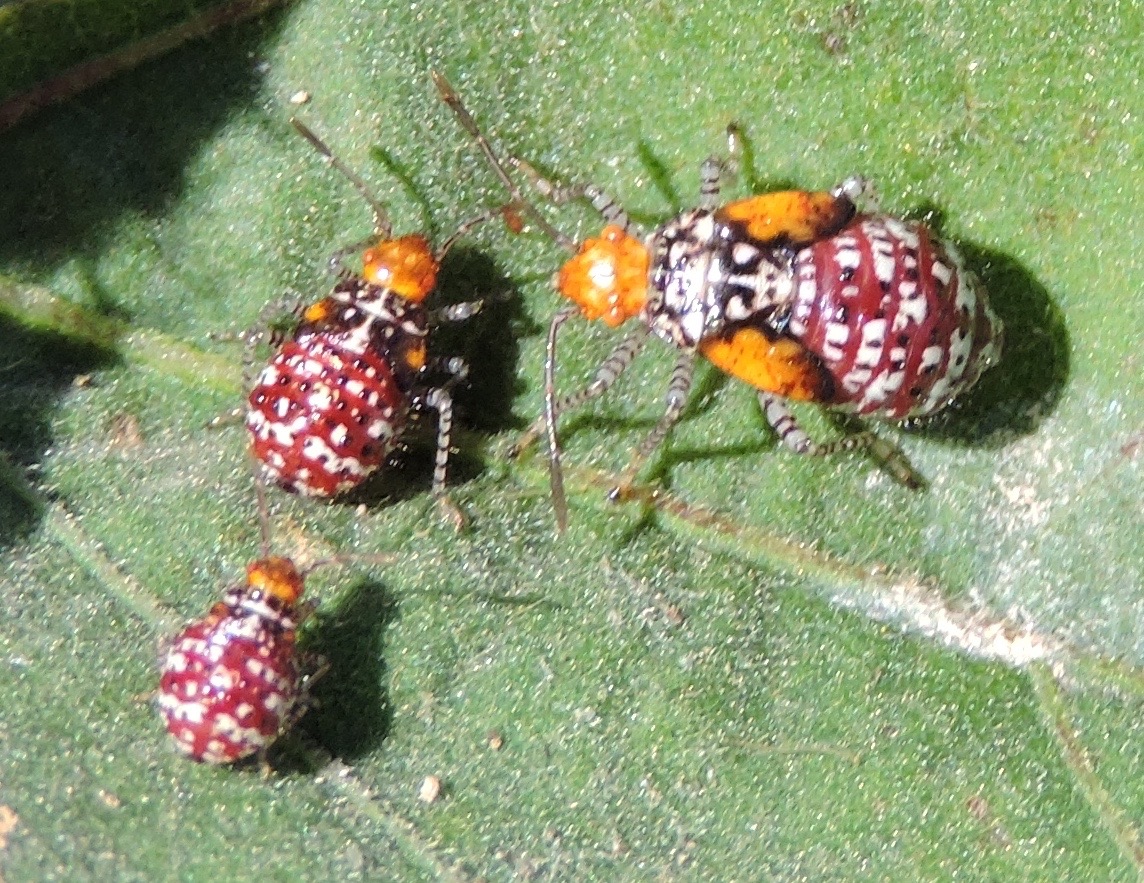
Springfield Plateau Hibiscus Plant Bug
The Hibiscus Flower Beetle (Aethina concolor) is a native pollen and nectar feeding beetle that may cause damage to the flowers of Hibiscus plants. The beetle is widely distributed in Australia, but is of most significance in the tropics and subtropics.
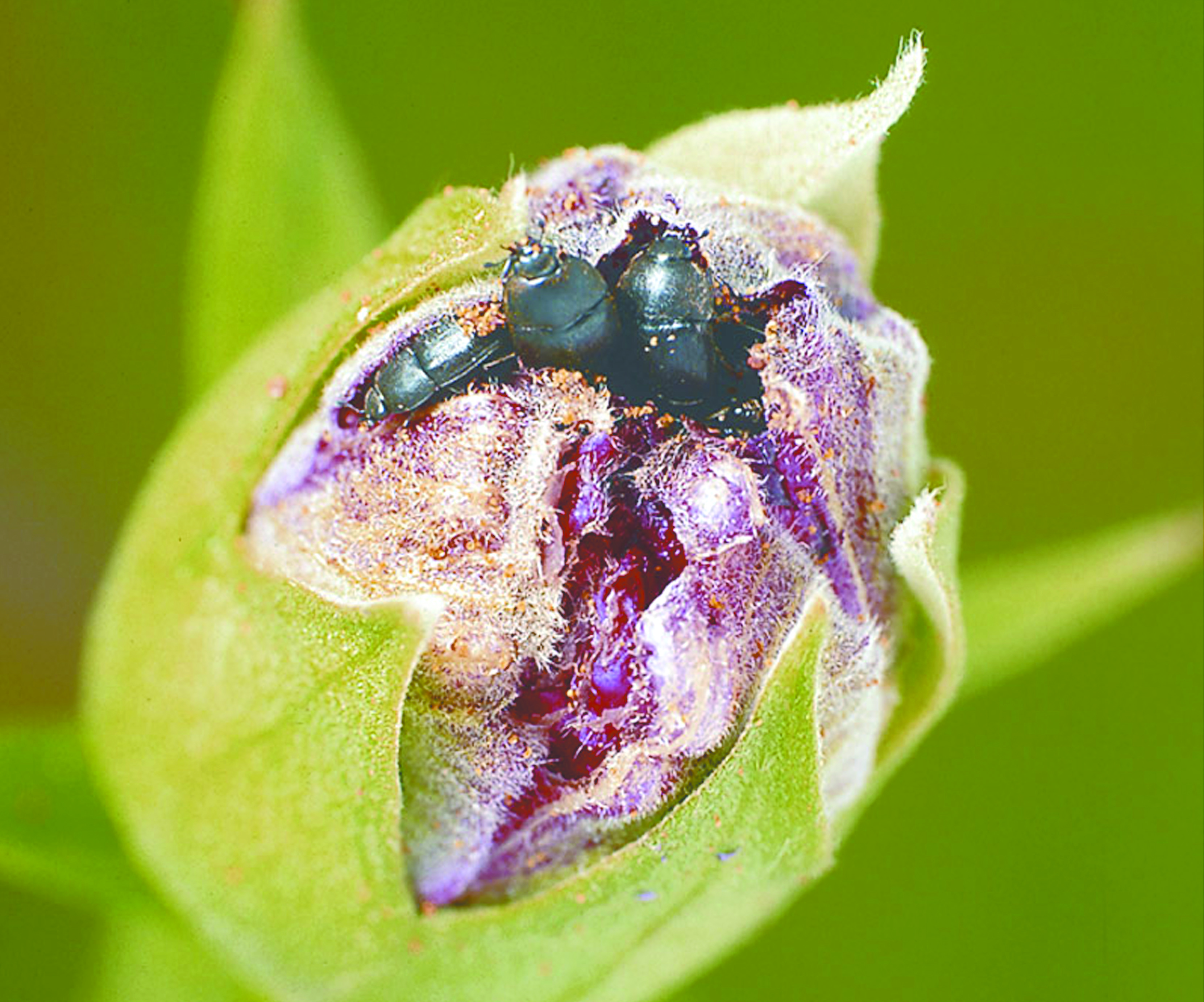
Hibiscus Beetle Amgrow Home Garden
Hibiscus Bud Weevil, Anthonomus testaceosquamosus, is a pest that is most likely to attack in the South, primarily in Texas across to Florida. This beetle feeds and lays its eggs in the flowers of Hibiscus, both tropical types and hardy shrubs. The flowers become disfigured and fall off before ever opening.

Black Beetle Insect Feeding on Hibiscus Flower Stock Photo Image of green, yellow 89506276
Once you mix the water with dish soap, the least "touchy" solution is to pour the soapy water into a spray bottle and spray the beetles on your affected plants. This can cause the beetles to.

A tiny Sap Beetle on a Hibiscus flower. Qld, Australia. Beetles
Mealybug infestations typically take the form of masses of a cottony white wax, but you may also notice white insects that do not fly away when disturbed or honeydew on the leaves of your plant. There are a few ways to manage infestations of whiteflies and mealybugs.
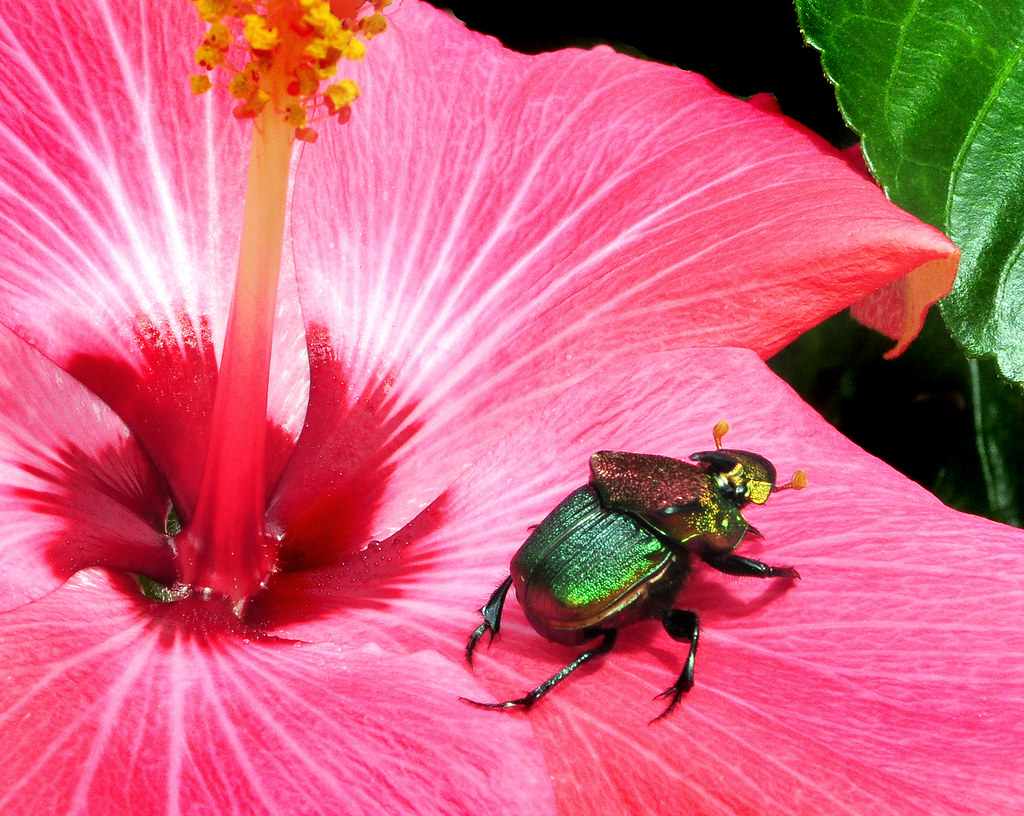
Rainbow Scarab Beetle on our Hibiscus. Don Taylor Flickr
Biological Encourage beneficial insects that will help control bugs that feed on hibiscus. Ladybugs are one of the best known, but other helpful insects include syrphid fly larvae, assassin bugs, green lacewings, and parasitic miniature wasps. Use chemical pesticides only when all else fails.
.jpg)
Hibiscus Plant Bug, Vol. 5, No. 29 Mississippi State University Extension Service
Look for beetles, about 2.5 mm long, brown heads, black forewings, eating holes in hibiscus flowers. Look to notice that the beetles invariably seem to be copulating, with males on top of females, but this may be behaviour known as 'male-gating', done to keep rivals at bay (Photos 1&2). Management